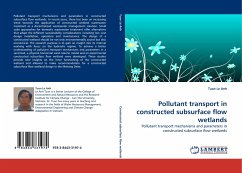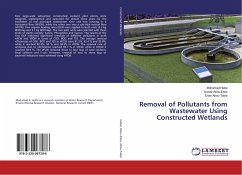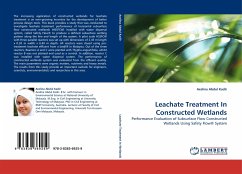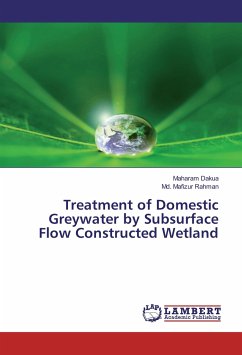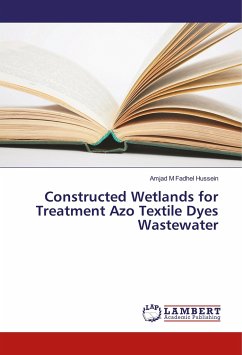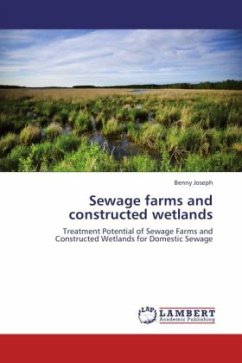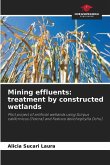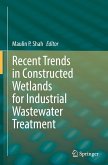Pollutant transport mechanisms and parameters in constructed subsurface flow wetlands. In recent years, there has been an increasing trend towards the application of constructed wetland wastewater treatment as a decentralized wastewater management solution. Small scale approaches for domestic wastewater treatment offer alternatives that adapt the different sustainability considerations including low cost design installation, operation and maintenance. The design of a constructed wetland should be not only environmentally sound but also economical. The research purpose is to gain an insight into its internal working with focus on the hydraulic regime. To achieve a better understanding of pollutant transport mechanisms and parameters in a sand bed, a physical horizontal sand column model and an experimental constructed subsurface flow wetland were developed. These studies provide new insights on the inner functioning of the constructed wetland and allowed to make recommendation fora constructed subsurface flow wetland design in the Mekong Delta.
Bitte wählen Sie Ihr Anliegen aus.
Rechnungen
Retourenschein anfordern
Bestellstatus
Storno

